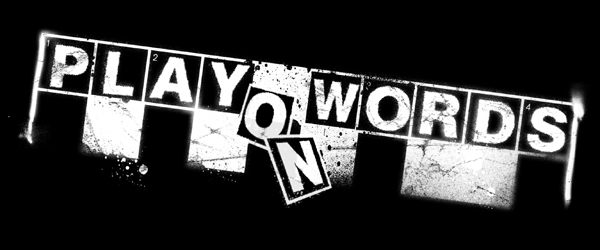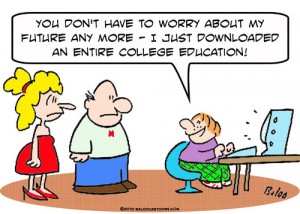The Potts and Murphie reading was about key theories relating to culture and technology and our society. Here’s a list of the key points I took away from reading:
- Poses the question are technologies neutral in themselves? So, does the way they are used determine their cultural impact? Or do technologies have intrinsic properties that shape the cultures into which they are introduced?
- Technological determinism refers to belief that technology is the agent of social change
- Technological determinism is linked to idea of progress
- TD considers technology as an ‘independent factor with its own course of development and own consequences’
- Ideas that we live in an Information society or Computer Age ‘betray the technological determinist notion that society is shaped by its dominant technologies’
- Consider whether society is shaped by its technologies or are technologies shaped by the needs of society?
- Alvin Toffler’s idea of the “Future Shock” which warned that ‘post industrial societies need to protect themselves from dislocating effects of automation and computer-based technologies’
- Theorists focus on the way a new technology creates new potential and possibility for human thought, expression or activity
– McLuhan’s theory: All technologies are extensions of human capacities
tools and implements are extensions of manual skills, the computer an extension of the brain
– Media are technologies that extend human sense perceptions





